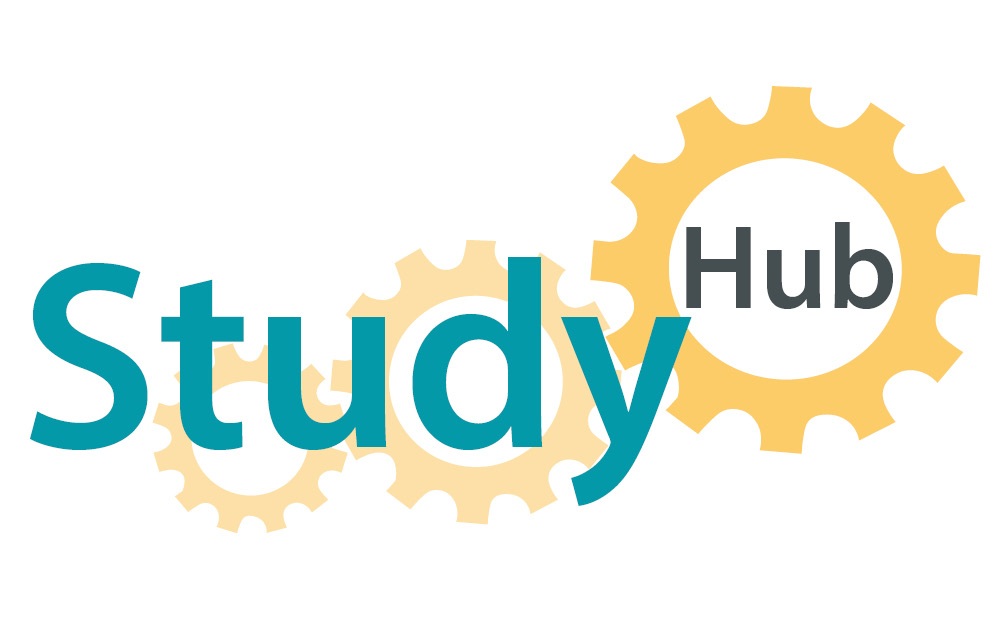In this first post of a two part series, we asked students how their transition to university went from a social and cultural change perspective.

Social change
In the social sense, I’ve seen marked differences between school and university. I went to an ordinary state school in Fife. It was relatively homogenous: we mostly had similar backgrounds, and the overwhelming majority of us were Scots. When I came to Edinburgh, in 2017/18, only 30% of students were Scots [1]. This difference was quite overwhelming in the beginning. How was I to interact with all these new international students with different cultures and attitudes? But this diversity, as you’ll hopefully find/have found, is a great thing: it offers opportunities to learn about different parts of the world and different perspectives on the issues you’re discussing in class.
When I first came to university, I also suffered from some sort of inferiority complex. I felt intimidated coming to such a prestigious institution from an ordinary Scottish school. It felt as though everybody was going to be more intelligent than me and judge me as a result of it. This led to some anxiety when it came to participating in tutorials. But, as my degree has progressed, I’ve learnt that this isn’t the case. University is a safe place to experiment with new, creative ideas and not one where you’ll be ridiculed for doing so. So, I now feel more confident about fully participating in the university experience.
If you’re suffering from anxiety, see the Student Counselling Service’s self-help resources.
Fraser
Cultural change
I was warned that I may experience cultural shock, but I thought moving from one European country to another would not involve a big cultural change. I was wrong. Mediterranean and British cultures are really different: I never had meals at the same time as my friends, I had no idea of how to dress for Scottish weather – four seasons in one day describes it well – and I even didn’t know how to introduce myself – two kisses? a handshake? half a hug?
The difference in traffic directions put my physical safety at risk a few times but it was the way people interacted that shocked me the most: everyone apologized by default, said please and thank you all the time and asked me “Are you all right?”. It took a while to realise it was a way to say hello, and it is still a challenge to adapt to different interaction styles in the global community that is our university!
Getting to know the city, asking a lot of questions, and getting involved in societies with students from all around the world helped a lot, we are all, in some way, adapting!
Ana
References
[1] The University of Edinburgh (2019) ‘Annual Review 2017/18: Student numbers 2017/18.’



